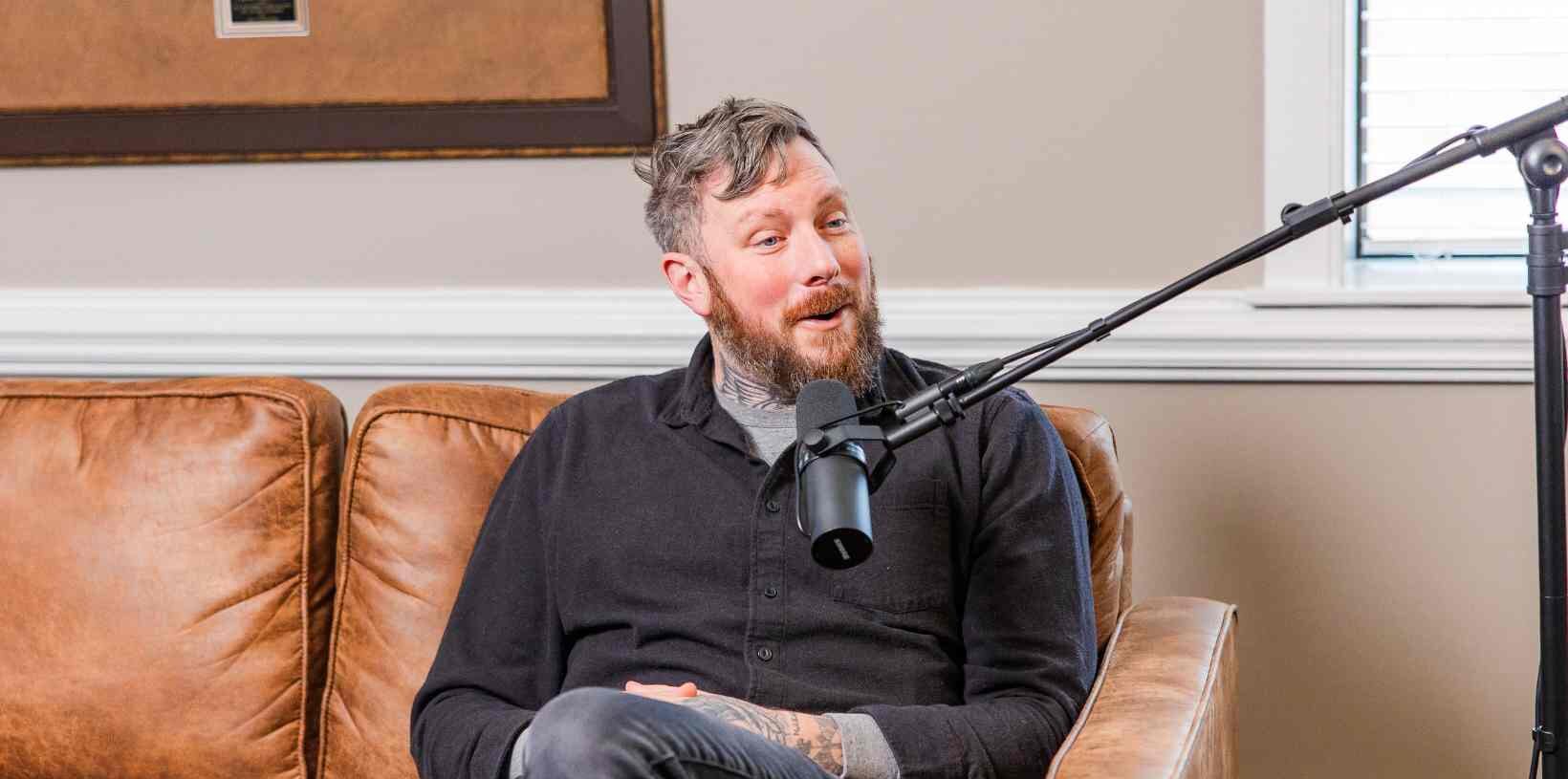We say empathy is a bridge, a bridge that can connect us at some of our greatest moments of hurt and disappointments.
It’s certainly been useful in my life in relating to people.
Through the course of my life and in helping those bound with drugs and alcohol I’ve had to cross the bridge of empathy many times.
It’s been the reoccurring theme that has allowed me to step right into lives of those that have made the biggest mess of their circumstances.
It’s been the theme that has allowed me to be able to look at someone over and over and say with a full heart and much compassion “I Understand.”
In saying that “I Understand,” it’s not even that I have experienced every failure or every struggle of those I have helped. It’s that I only can say I understand what it means to fail, know what it’s like to hurt, and our pain may be different, it’s still suffering, and I am here.
The reality here is that our empathy is a precious gift and it’s a funny thing because it’s typically driven by the same thing that causes us to extend it in the first place. It’s dictated by a sincere desire to connect with people in their pain, because when we hurt inwardly, we want the assurance that someone will cross the bridge of empathy and embrace us in our hurt as well.
The struggle that we run into then, when helping someone with addictions, is that the traffic typically flows in one direction only.
When your loved one is in the midst of their addiction, they have become a version of themselves that is not rational.
Over and over again we help, and we offer support only to have it blow up in our face or become disappointed with the lack of follow through.
It doesn’t stop us, though, I mean we love those we are helping. That’s why we assist in the first place and when we look in their eyes, and we don’t see the drug addict. We see sons, daughters, a spouse, a parent. We see all the memories, and we remember all we felt good together and fueled by all of that we gladly step out on the bridge of empathy again and say “how can I help?”
After almost a decade of helping numerous people walk through their addiction, I wish I could tell you that I have always got this right.
I wish I could inform you that I have always had the strength to keep perfect boundaries, strike the perfect balance. But that would just not be the case as I have blown it a few times in trying to help those close to me or in my family.
Because the reality is that this is hard, especially when you and I see what we do in those we help.
We will go to the ends of the earth to help because ultimately we know the potential buried underneath the mess of addiction.
With that said, you have got to take care of yourself. If you’re in this, and you’re in it for the long haul, then you can not expect to be effective at helping when the personal well-being is getting ignored as you help.
See, empathy is the ability to understand and share the feelings of another.
Empathy is not taking on someone else’s suffering as your own.
Empathy is not owning someone else’s problems as your own.
Empathy is not neglecting your life while you help someone else.
Today I show empathy clearly and openly to many people, yet I also have a deep understanding that sharing and understanding doesn’t always mean fixing it.
Walking with someone doesn’t mean we carry them.
So as you help, show empathy. Understand and share, but don’t shoulder the responsibility and fix.



